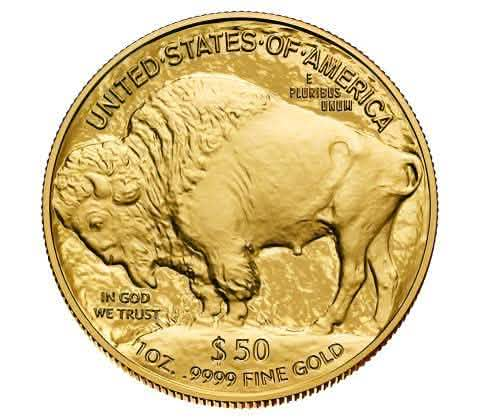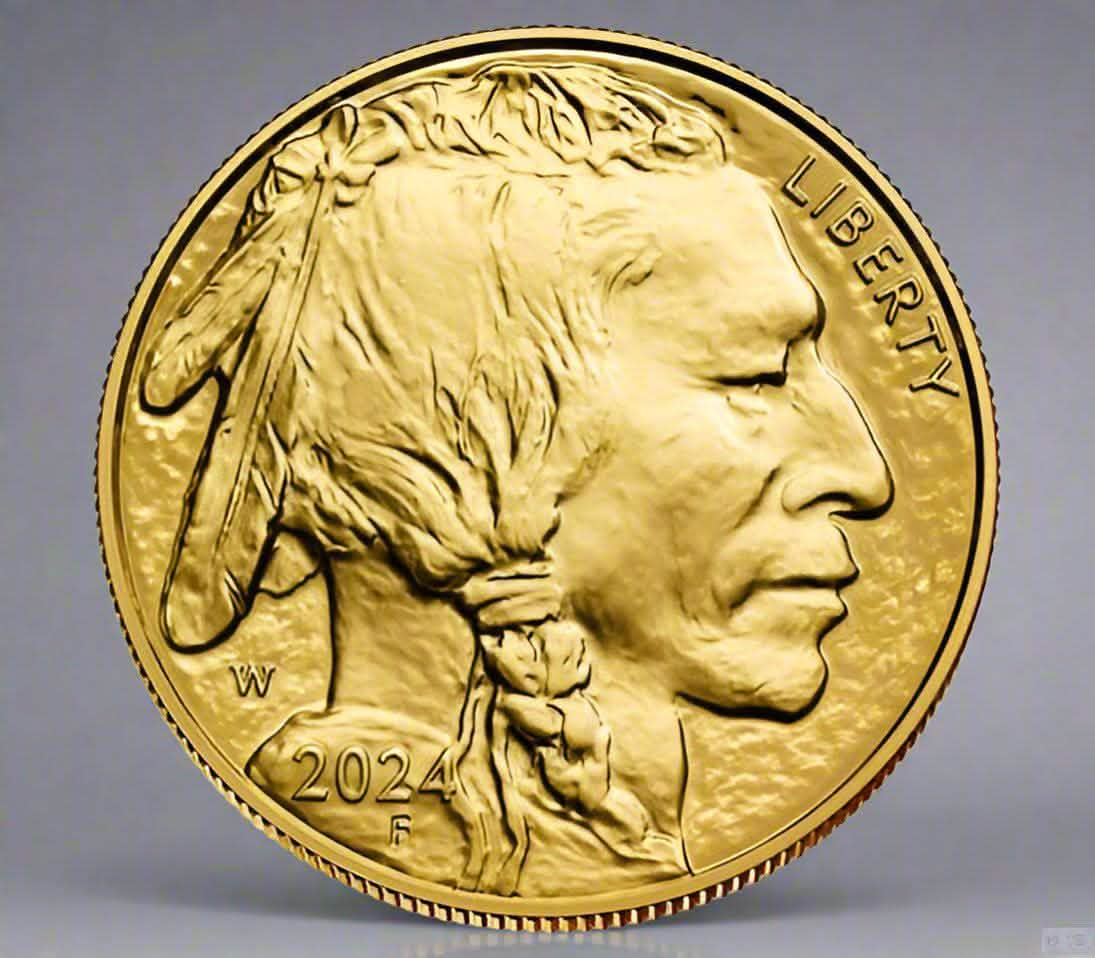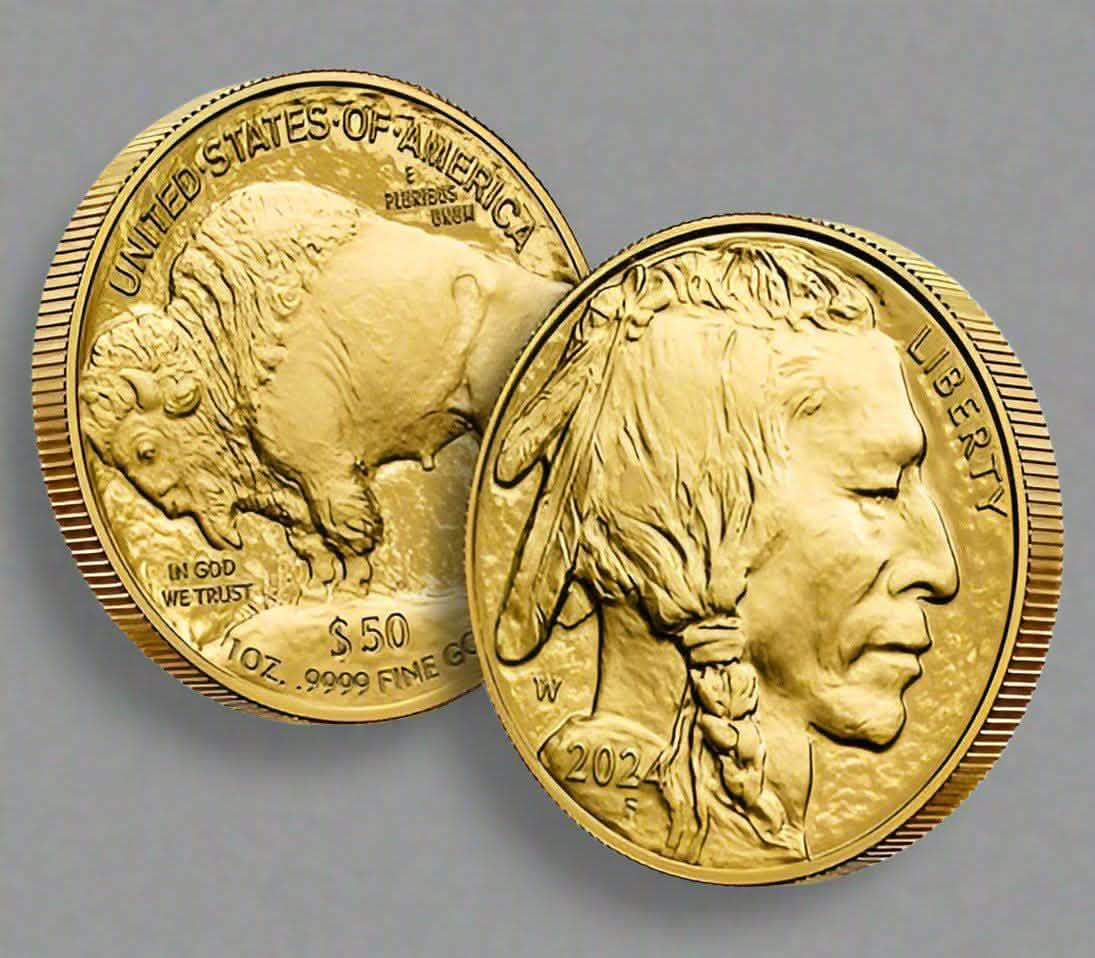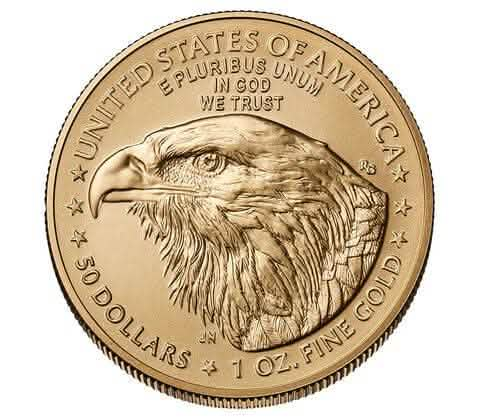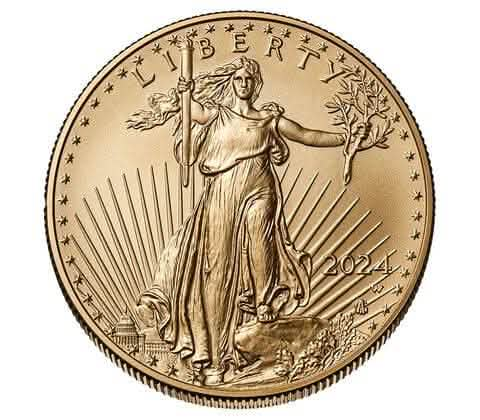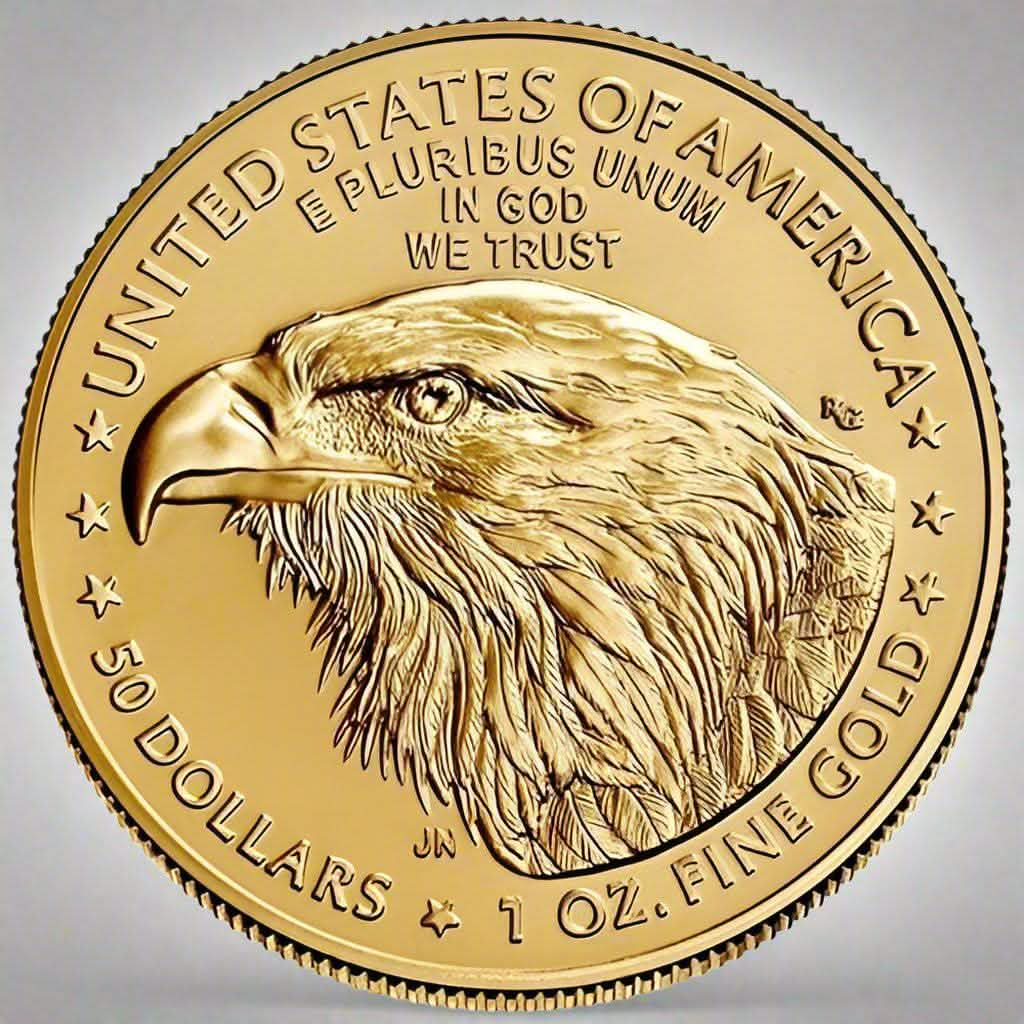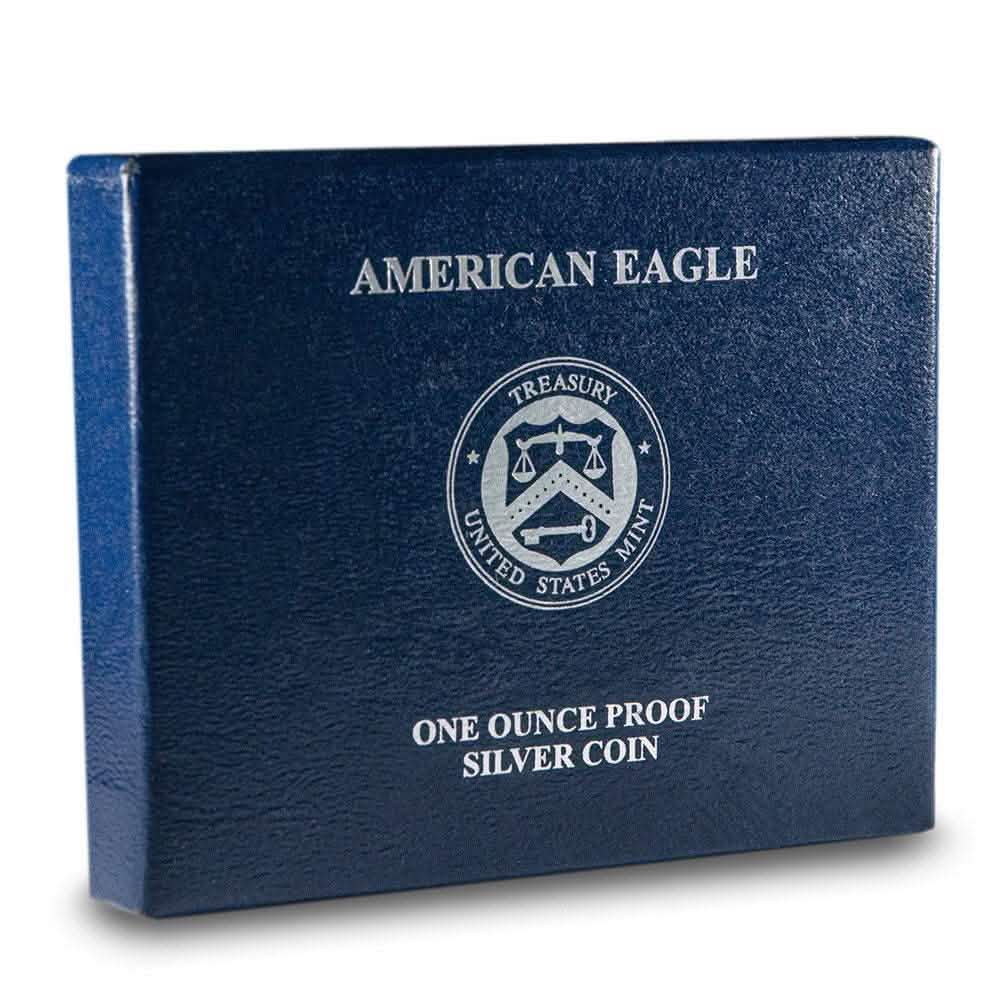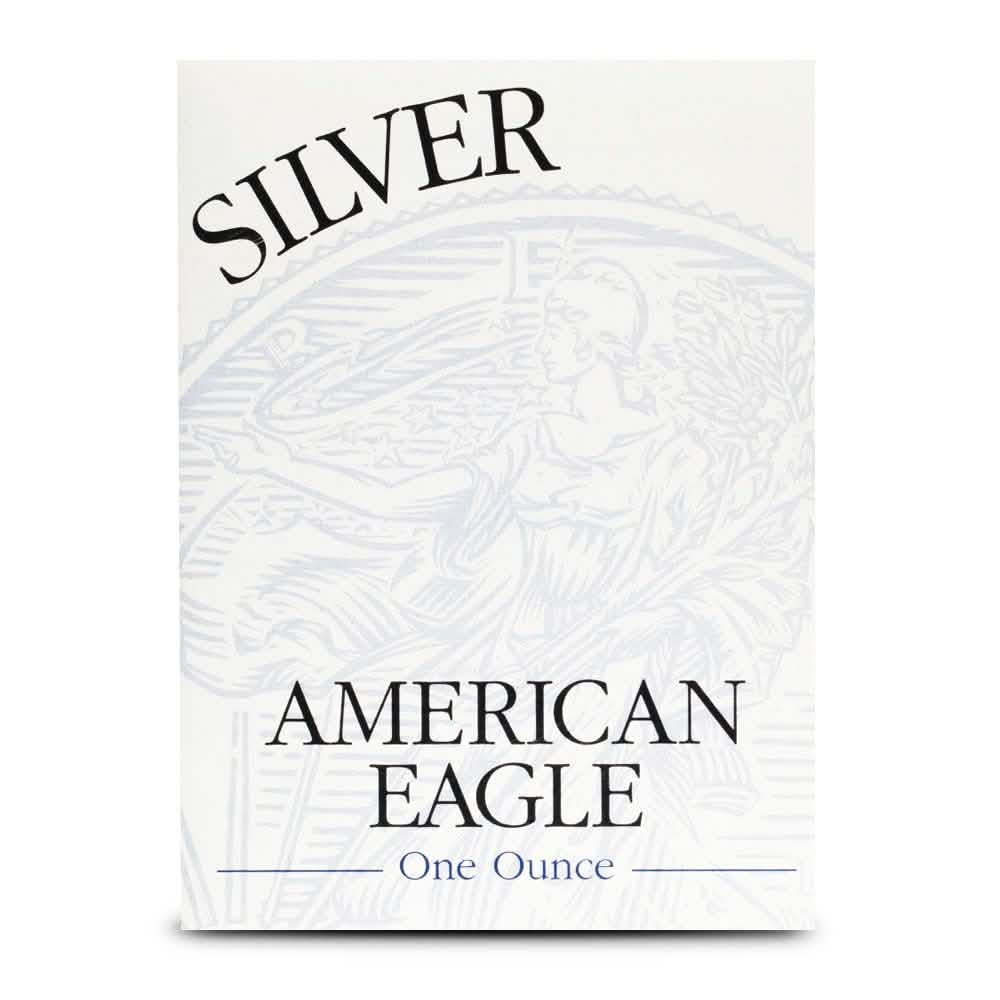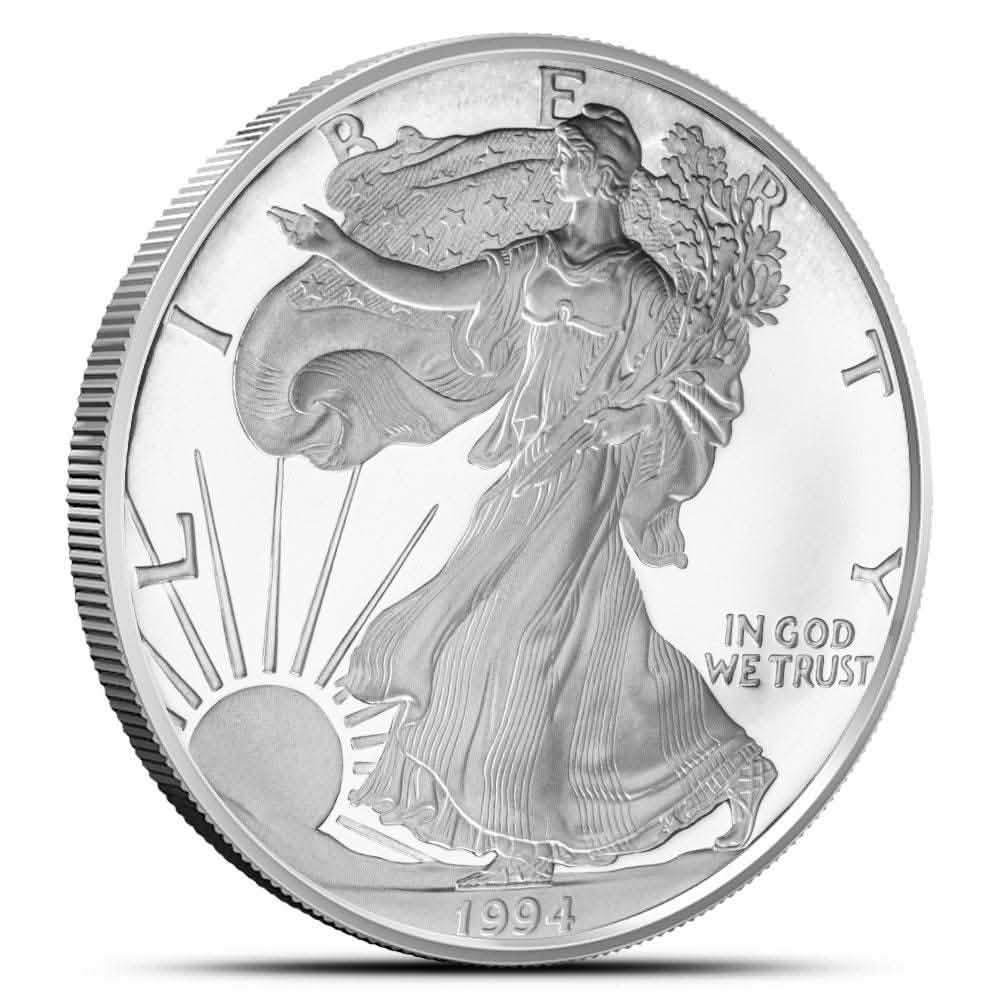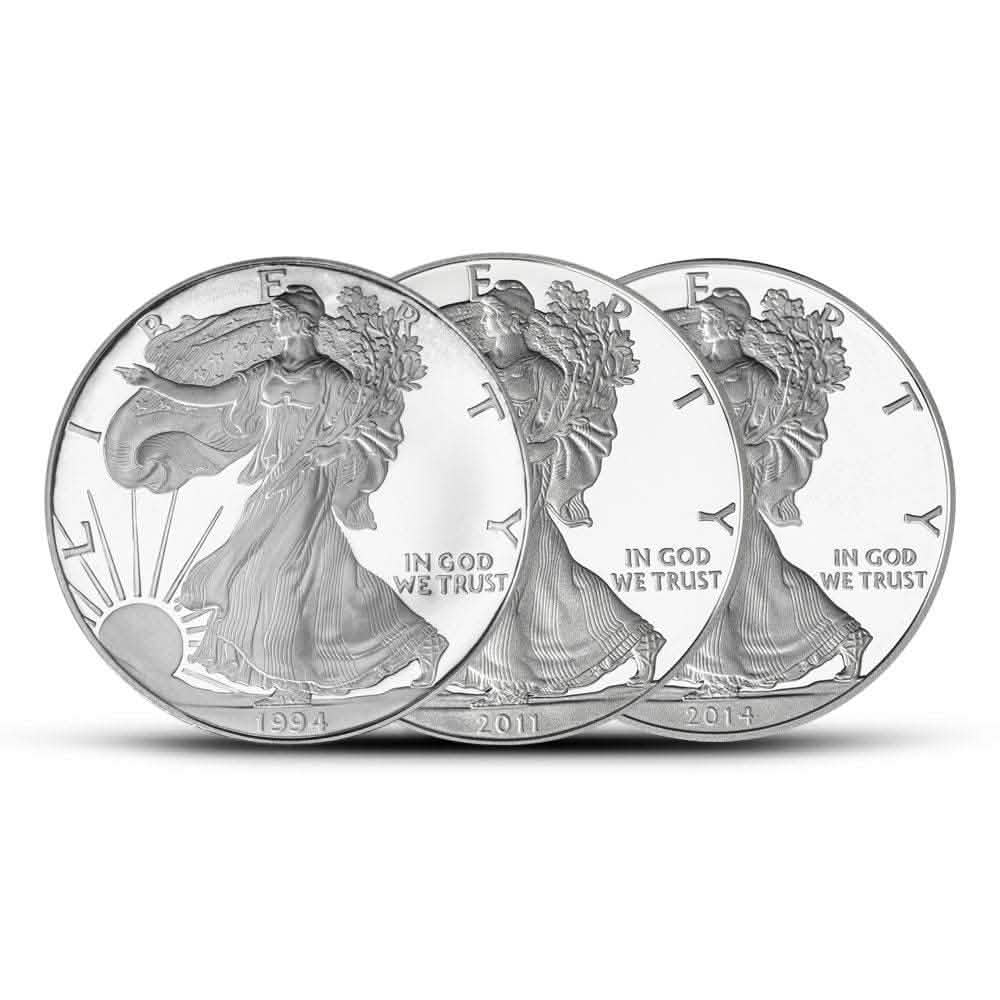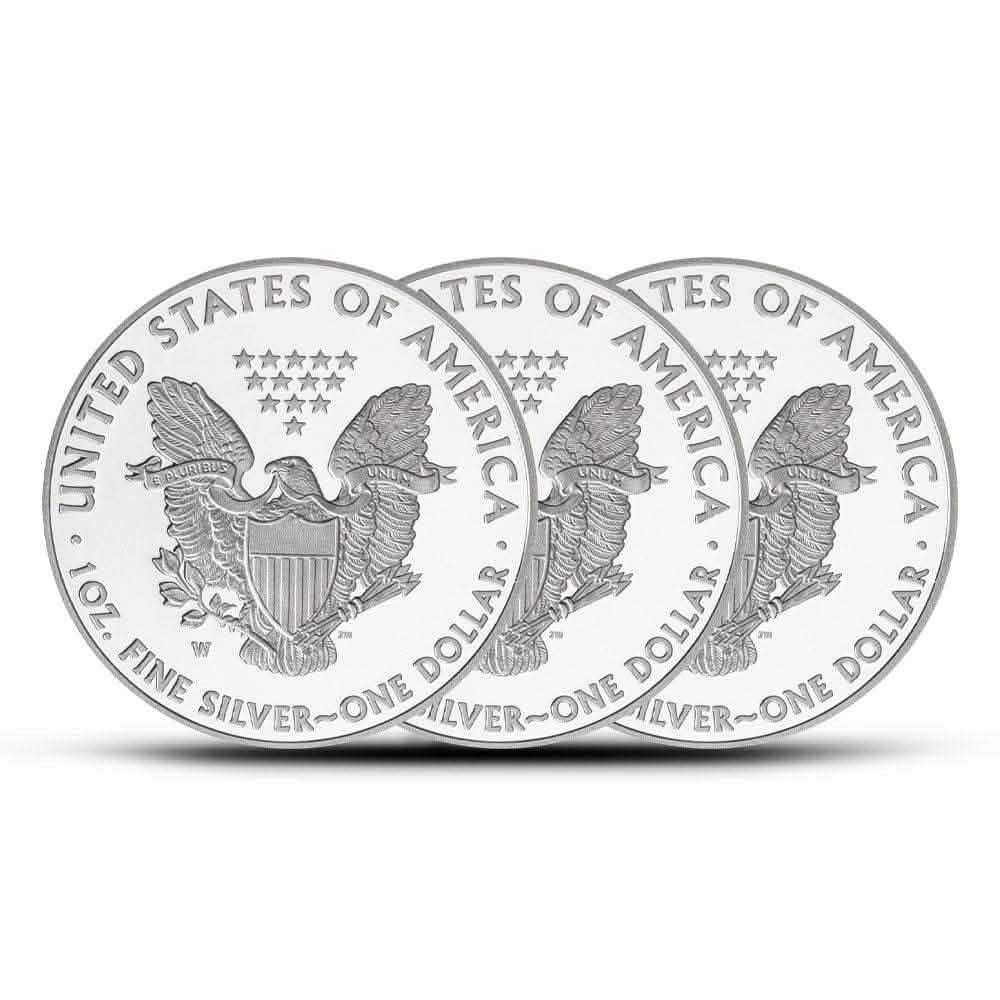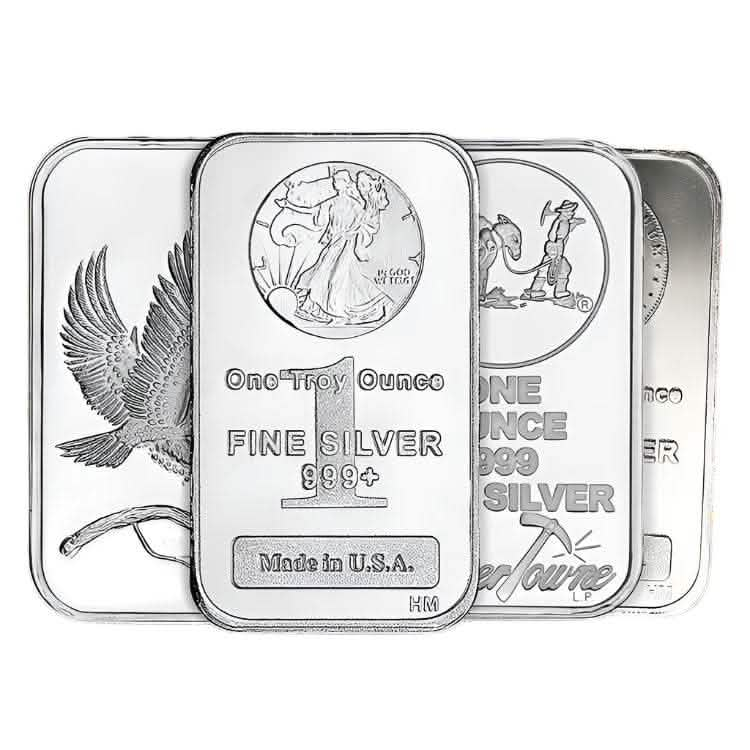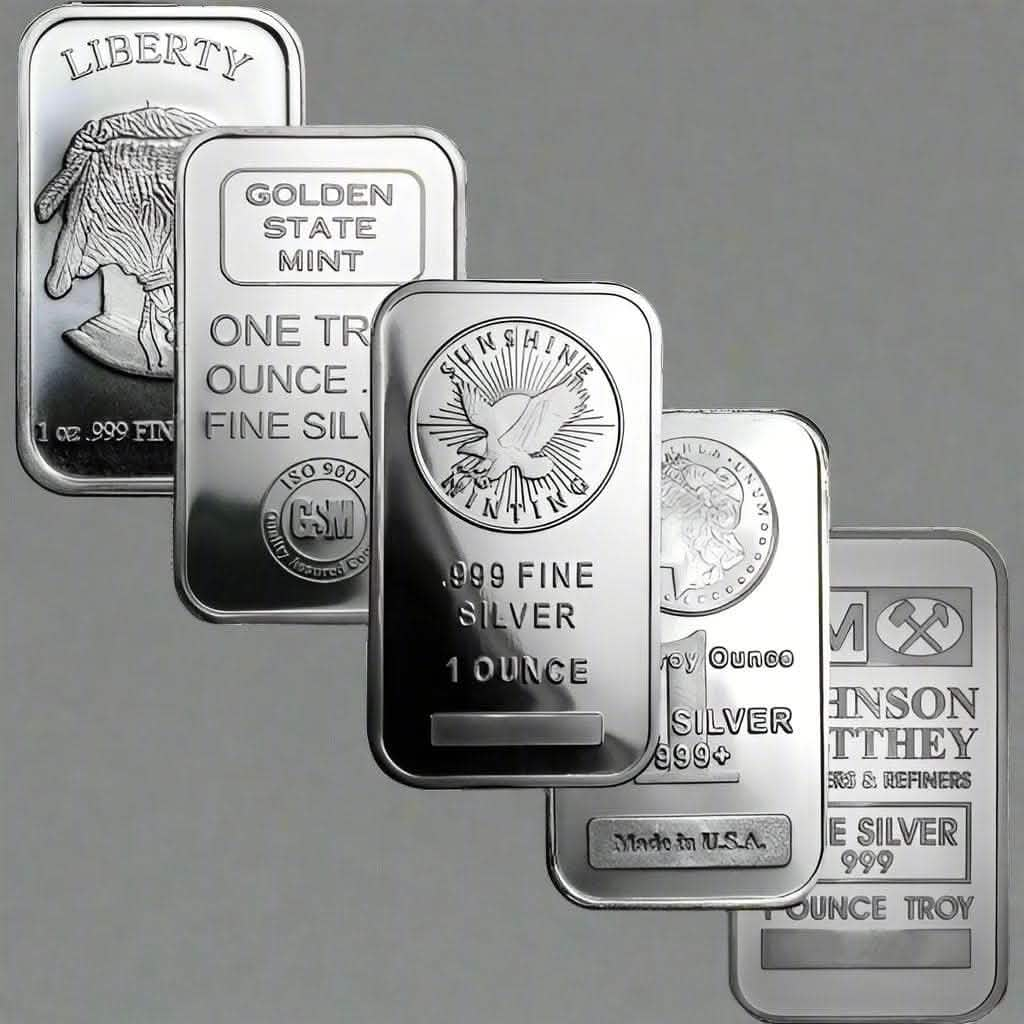Gold has enchanted people around the world for centuries, thanks to its stunning beauty and role as a reliable financial safe haven. Today, it still plays an important part as a key element in central bank reserves, a protective measure against inflation, and a shining symbol of economic stability. So, which countries are stockpiling the most of this precious metal? And what could their strong hold on gold mean for our global economy?
In this blog, we’ll explore the significance of gold in today’s world, break down the countries with the largest stockpiles, and discuss how this affects global financial stability. We’ll share actionable strategies for investors and enthusiasts who want to add gold to their portfolios.
Why Gold Still Matters in the Modern Economy
Gold isn’t just a relic of ancient commerce; it’s a strategic asset integral to today’s financial systems. Globally, central banks stockpile gold as part of their international reserves to shore up economic stability. But why gold?
Here are some key reasons gold remains essential in the modern economy:
- Inflation Hedge: Gold is known for its wonderful ability to hold onto value, especially during times of inflation or when currencies lose their strength.
- Safe-Haven Asset: During economic or geopolitical uncertainty, gold appeals to institutions and individuals as a reliable asset.
- Zero Counterparty Risk: Unlike fiat currency or debt securities, gold doesn’t depend on the solvency of any government or bank.
From ancient barter systems to modern investment portfolios, gold has transcended generations as a store of value. This is why countries are stocking up on gold like never before.
Gold Reserves by Country
Talking about gold ownership reveals a really intriguing tale! As per the World Gold Council, global official gold reserves are estimated to be around 35,000 metric tons as of the latest review in 2023. These reserves are held by central banks, which use them as a safety net for their economies, protecting against financial crises and the ups and downs of currency values.
The following countries dominate the gold reserve rankings:
- United States: Leading the list by a significant margin.
- Germany: Europe’s most prominent economic powerhouse comes second.
- Italy: An enduring commitment to gold secures its place in the top three.
- France: Steadily holding its position with robust reserves.
- Russia: Aggressively increasing its gold holdings in recent years.
But it’s not just about who has the most gold but what they do with it. These nations use gold reserves to stabilize their economies and influence global financial markets.
Top 5 Countries with the Largest Gold Reserves
1. United States
- Gold Reserves: 8,133.5 metric tons
- Percentage of Foreign Reserves in Gold: ~66%
The United States boasts the world’s largest official gold reserves, accounting for nearly a quarter of the global total. This gold is stored in Fort Knox and the Federal Reserve Bank of New York. More than just a financial resource, America's gold holdings symbolize its economic dominance and ability to back the dollar as the world’s reserve currency.
2. Germany
- Gold Reserves: 3,355.1 metric tons
- Percentage of Foreign Reserves in Gold: ~66%
Germany uses its substantial reserves to bolster the strength of the euro and its economy. Frequently viewed as a fiscal powerhouse within the EU, Germany repatriated a significant portion of its gold reserves from foreign vaults back home over the last decade.
3. Italy
- Gold Reserves: 2,451.8 metric tons
- Percentage of Foreign Reserves in Gold: ~65%
Though Italy deals with economic challenges, its impressive gold reserves play a pivotal role in safeguarding the eurozone's financial stability. Italy has long maintained a consistent policy of holding onto its gold, even during economic stress.
4. France
- Gold Reserves: 2,436.8 metric tons
- Percentage of Foreign Reserves in Gold: ~62%
The French central bank views gold as a financial and strategic asset. It ensures liquidity during economic downturns and uses gold as a hedge against eurozone disruptions.
5. Russia
- Gold Reserves: 2,298.5 metric tons
- Percentage of Foreign Reserves in Gold: ~24%
Due to geopolitical tensions and global sanctions, Russia has rapidly increased its gold acquisitions over the last decade. By diversifying away from foreign currencies, Russia has reduced its dependency on the US dollar, solidifying its economic strategy around gold.
Implications for Global Financial Market Stability
Gold’s concentration in a few countries underscores its significance in global finance. For instance, the dominance of the United States and European nations highlights their economic influence, while emerging economies strive to increase their reserves to establish greater financial independence.
But this consolidation of gold reserves also raises questions:
- Volatility Risk: Changes in gold policies by top holders could massively impact global markets.
- Pressures on Emerging Economies: Developing nations with limited reserves may face challenges in maintaining financial stability.
- Competitive Hedge: Countries like Russia and China are leveraging gold to counteract Western nations' dominance, reshaping the global geopolitical landscape.
Gold isn't just about wealth—it's also about power and influence in global politics and finance.
Investing in Gold as an Individual
For individual investors, gold offers a unique opportunity to hedge against instability. Here are a few strategies to help you make the most of this safe-haven asset:
- Buy Physical Gold: Coins or bullion allow you to own tangible assets, offering security and long-term value.
- Invest in Gold ETFs: Tracking the price of gold, ETFs offer a liquid and low-cost way to gain exposure without dealing with storage.
- Look at Mining Stocks: Investing in gold mining companies can deliver growth potential in addition to commodity exposure.
- Consider Gold Futures or Options: Advanced investors can leverage gold derivatives for short-term opportunities.
- Diversify with Digital Gold: New-age platforms allow investors to buy fractional gold online.
Whatever route you choose, focus on diversifying your holdings and assessing the risks involved. Strategically incorporating gold into your investment portfolio remains an effective tool for navigating economic uncertainties.
Gold’s Timeless Value in a Changing World
Gold's role as a store of value and its ability to hedge against uncertainty make it indispensable not just for nations but also for individual investors. From central banks stockpiling it to everyday millennials buying gold ETFs, the allure of this timeless asset continues to grow.
Understanding which countries hold the most gold gives insight into the distribution of economic power, but what’s more important is how you can harness gold’s potential.
Now is the time to explore how gold can strengthen your portfolio. Start small, explore different investment options, and consider aligning with a professional advisor to maximize your returns.
